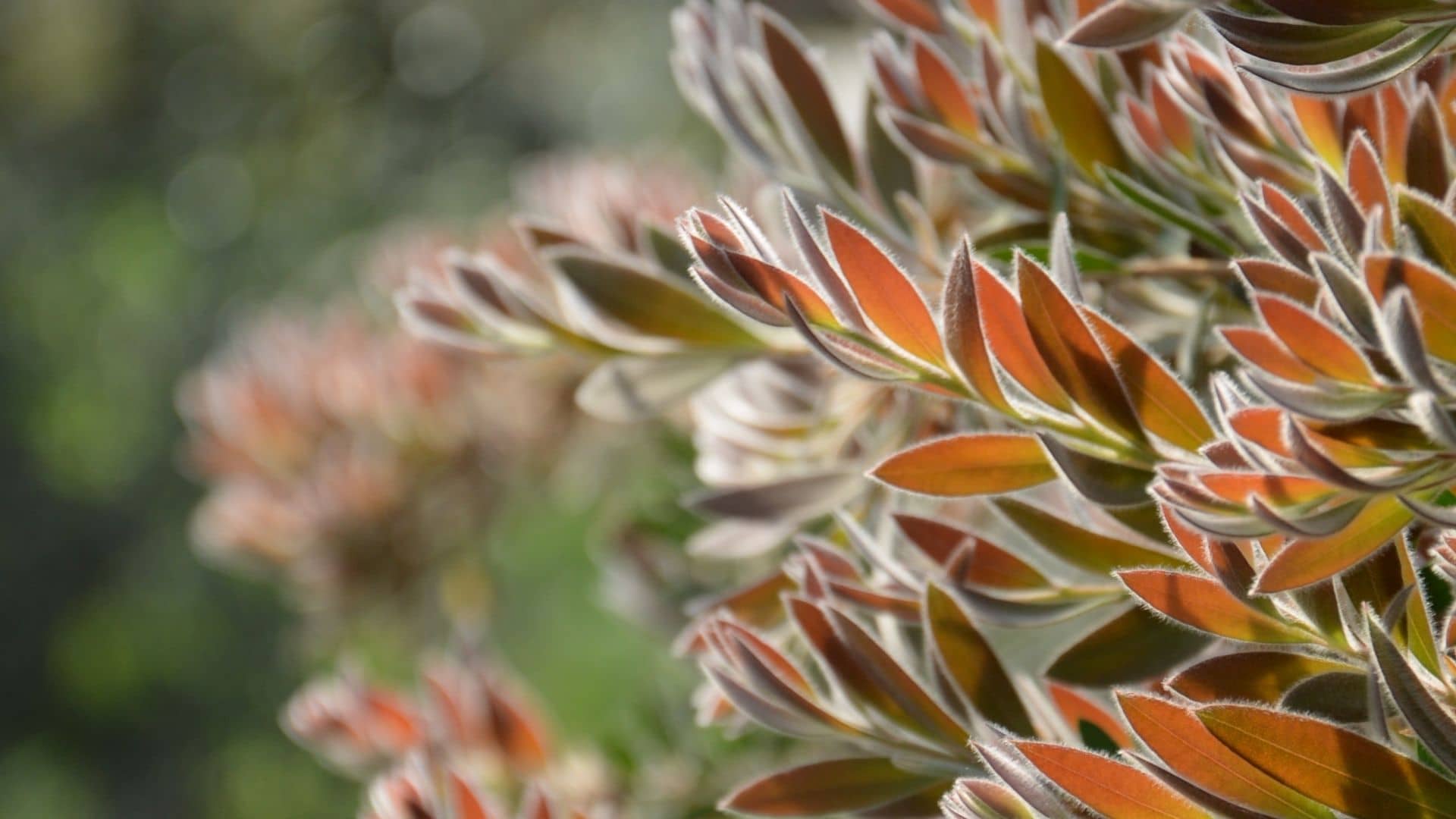







Session 7: A place of transformation
If you have been following this retreat so far, you’ll have had the experience of trying a number of different techniques to enter into a greater stillness. Listening to sounds round about you. Being aware of the sensations of your body. Noticing the rhythm of your breathing. Simply staying still, or recalling places and times of stillness. As you begin to pray today, just pick one of these methods – perhaps the one that seemed to work best for you.
Take a few moments of silence to let your chosen method lead you to some still and peaceful point where you can be open to all that God may want to do and say.
Isaiah 35: 1 – 7
The wilderness and the dry land shall be glad,
the desert shall rejoice and blossom;
like the crocus it shall blossom abundantly,
and rejoice with joy and singing.
The glory of Lebanon shall be given to it,
the majesty of Carmel and Sharon.
They shall see the glory of the LORD,
the majesty of our God.
Strengthen the weak hands,
and make firm the feeble knees.
Say to those who are of a fearful heart,
‘Be strong, do not fear!
Here is your God.
He will come with vengeance,
with terrible recompense.
He will come and save you.’
Then the eyes of the blind shall be opened,
and the ears of the deaf unstopped;
then the lame shall leap like a deer,
and the tongue of the speechless sing for joy.
For waters shall break forth in the wilderness,
and streams in the desert;
the burning sand shall become a pool,
and the thirsty ground springs of water;
the haunt of jackals shall become a swamp,
the grass shall become reeds and rushes.
The passages we have prayed with in this retreat have told us two things, at least, about the wilderness. The first is that it is a place to go if you want to meet God. Jesus and Moses, Hagar and Ishmael, Hosea and Isaiah, and the whole people of Israel – they’ve all encountered God in these seemingly waste-places. As you enter more deeply into this prayer-time, be aware of the company of so many others who have journeyed as you are doing now.
The other thing that we have seen is that the wilderness is not an easy place to be. The people of Israel rebelled, Hagar despaired, and Jesus was tempted by the devil. You might think, for a moment, of the wilderness as an image of the challenging aspects of your own life.
In today’s passage, we are promised that these challenges won’t have the last word. God has planned a future for us full of hope. The wilderness will blossom, and human suffering will come to an end. Before you respond, just make sure that you have really heard those promises.
How do those promises translate into your own life? What would have to happen for you to be able to say “God has given me all that he promised”?
Do the promises of this passage fill you with a joyful hope? Do they perhaps seem too good to be true? Take a moment now to make some initial response to the God who assures you that you yourself will see his glory in this way.
Here and now, in God’s presence, name the wilderness areas of your own life – the fractured relationships, the unfulfilled hopes, the repeated failures. Ask him to treat those areas as he treats the wilderness in this reading.
This passage both presents God’s plan, and invites those who hear it to pass this on as good news to those others who need to hear it. Are you able to ask God to send you out in this way, carrying his message of hope? Who are the people you know who most need to hear these promises?
As this is the final prayer period of this retreat, finish by thanking God for all that you have received in these times of prayer.